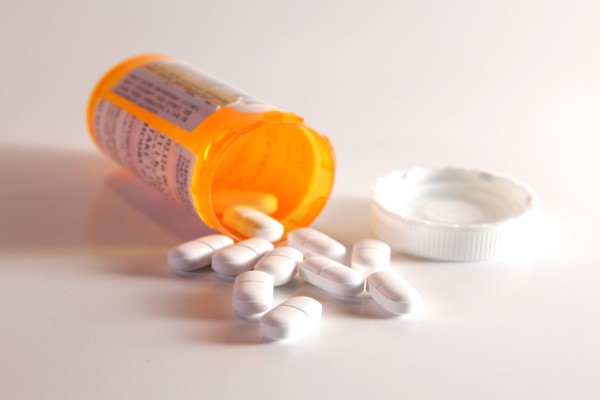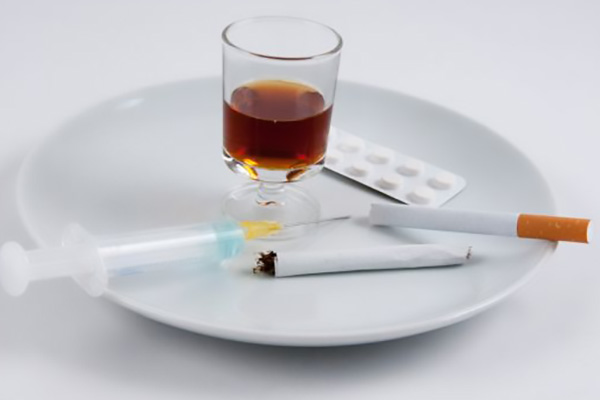Drug Rehabilitation CenterNew York, NY
As a New York drug rehabilitation center, we speak with prospective patients about the many reasons to stop using drugs, including the increased risk of contracting HIV and AIDS, Hepatitis C, or a variety of sexually transmitted diseases, as well as having a higher risk for death and even premature deliveries or birth defects in children. This is all in addition to the negative impact that drug use can have on family and social situations, along with the ability to keep a job. The reasons to quit are numerous, but quitting is not as easy as wanting to stop. This is why so many addicts need the help of family and friends to both identify the drug use and help facilitate treatment.
Signs of Drug Use You Can Watch For
If you are investigating a drug treatment program for a friend or family member because you think they may be using, it is important for you to recognize the signs that may indicate drug abuse. For younger people, one of the main signs is bad grades. If a child was getting good grades and is suddenly failing, you should have cause for concern and begin to investigate whether or not they are using drugs or drinking on a regular basis. Additional signs include irritability, forgetfulness, money disappearing, or a lack of accountability for where funds have gone. Also, giving up on activities that used to be enjoyable, no longer caring about others, declining health, lying all the time, not spending time with friends and family like they once did, acting as if they have a hangover, blackouts, periods of forgetfulness, getting in legal trouble, etc. can all be signs of drug abuse. If they live with you, you may also notice changes in their room with the constant use of fans, incense, or candles, as if they’re trying to mask the smell. For more information on what to watch for, we recommend that you call 212-410-6832 and schedule a consultation.
Advantages of Visiting a New York, NY Drug Rehabilitation Center
For anyone addicted to drugs, the process of detoxification can be incredibly challenging physically, mentally, and emotionally. Working with a drug rehabilitation center will help the process to be smoother by providing addicts with the additional tools and solutions they need in order to succeed with their detoxification plan. Individual treatment plans are created to ensure that the process is tailored to address specific concerns and needs along with any physical ailments an addict has.
Medication Can Be Available to Help With the Detox Process
Some patients require various medications during detox to ensure that the detox is done in a way that is safe and healthy. Very often, medication is included in a treatment plan, and this can assist in the likelihood of withdrawal symptoms being manageable. The type of medication prescribed will be based on the drug an addict has been using. Medical professionals will supervise the use of medication throughout the detox process and afterward, making adjustments as necessary. To learn more about medications used for detox, call (212) 410-6832. At Joel Nathan, MD, we will answer any questions you may have.
Therapy and Life Skills
At a drug rehabilitation center, addicts also have access to family and individual therapy sessions, which can be incredibly beneficial for changing their perception and outlook on drug use, along with changing things from a lifestyle perspective that may have led to drug use in the first place. Additionally, therapists and doctors spend time with addicts, discussing life skills and identifying the various tools that may be needed in order to help addicts regain control of their life and make healthy choices going forward. This may include learning how to manage anger and stress in a productive way that does not lead to violent behavior or drug use. Additionally, it may involve identifying situations and people that lead to stressful predicaments that need to be avoided. Establishing exercise routines, learning to eat healthy, and making overall choices for good and improved health are part of the process.
A NY Drug Rehabilitation Center Helps With Transition Planning
An additional aspect of inpatient therapy and sometimes outpatient therapy is the concept of transitional planning. This involves the assistance of medical professionals to work with addicts to create a plan for transitioning out of the program or therapy and into mainstream life again. Whether patients are at an impatient facility and this will be the first time they are exposed to their friends and family again, or they are receiving outpatient care and able to make their own choices, it is critical to have a transition plan in place. Many addicts do not realize how influential their life circumstances have been on their decision to use drugs. Relationships with old friends, hanging out at the same bar, or even working at the same job can all lead to relapse simply due to surroundings, influences, and stress that may come from these particular situations or atmospheres. Creating a transition plan that helps addicts remove these stressful circumstances and people from their life is critical for long-term success and sobriety.
Even Involuntary Treatment Can Be Effective
It is always preferable for an addict to make the decision to stop using drugs and seek treatment on their own. However, at Joel Nathan, MD, we understand that this is not always the reality. Sometimes it takes family members or caring friends to step in and help an addict make the separation between regular drug use and their life. In this case, visiting a drug rehabilitation center can be effective, although a drug user will eventually have to make the choice to stay off drugs on their own.
Call for More Information About Visiting a Drug Rehabilitation Center
At Joel Nathan, MD, we can answer any questions you may have regarding treatment options, medications, detox, therapy, transitional planning, etc. If you live in New York, NY or the 10022 area, we encourage you to visit our center and speak with one of our highly-trained and compassionate team members. To schedule an appointment, call (212) 410-6832.





